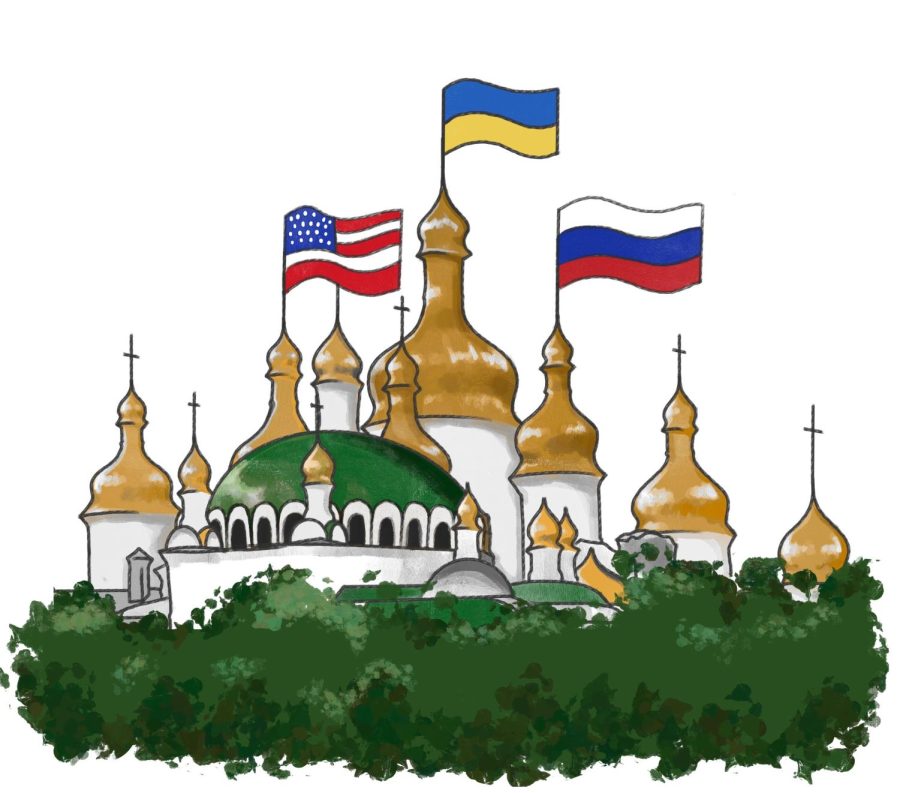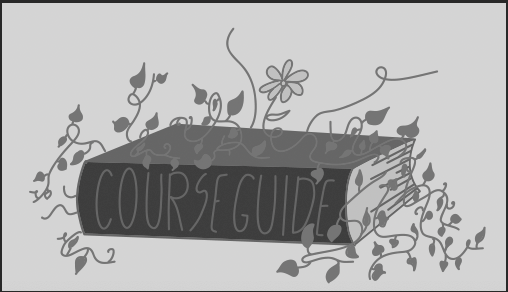Ukrainian conflict, Claire-ified
We must make it clear that while the U.S. is unwilling to acquiesce to Russia’s threat-backed demands and thereby legitimize violent, coercive tactics, Americans will consider reevaluating the status quo to avoid war.
February 16, 2022
As over 130,000 Russian troops flanked the Ukrainian border last week, President Joe Biden issued a dire warning to American citizens living in the Eastern European country: leave, immediately.
The troop buildup is roughly 70% of the forces Russia would need to completely invade Ukraine, a military operation that would be the largest on European soil since the end of World War II in 1945; U.S. officials’ assessments indicate that an invasion of this scale could produce a civilian death toll of 50,000 and between one and five million refugees, according to the New York Times.
While Russia begins large-scale military drills with Ukraine’s northern neighbor Belarus, making invasion seem increasingly likely, it remains locked in a diplomatic stalemate with the U.S. The West has rejected Russian requests that NATO deny membership to ex-Soviet states such as Ukraine, halt military deployments in Central and Eastern Europe and remove American nuclear weapons from the continent, and neither side seems willing to adjust their stances. Ukraine is also not currently a NATO member nation, meaning that the U.S. will not pursue military intervention—the only way out of this conflict is successful diplomacy.
Fortunately, we have more time to find a peaceful resolution than what most media outlets speculate. The Winter Olympics, an event that amounts to hegemonic fashion week for Beijing, is a temporary barrier. If Russia invades Ukraine before the Feb. 20 closing ceremony, it will dent a crucial alliance with China, a country that prioritizes ceremonies and soft power more than most. But in comparison to the looming threat of war in Ukraine, this buffer is ephemeral.
The West cannot ignore Russia’s fomentation of dangerous regional conflicts; however, protecting our European allies from continental destruction and terrifying uncertainty demands shifting our diplomatic strategies. We must make it clear that while the U.S. is unwilling to acquiesce to Russia’s threat-backed demands and thereby legitimize violent, coercive tactics, Americans will consider reevaluating the status quo to avoid war. A potential agreement should include two vital components: limiting NATO expansion in Ukraine and resolving current local conflicts.
The first component of successful peace talks needs to explicitly affirm something that most NATO countries are already certain of: Ukraine will not become a NATO member state in the near future. A short-term moratorium on NATO expansion in former Soviet states lasting one to two decades would be the perfect middle ground—short enough to avoid completely reversing NATO’s open-door policy and long enough to calm Russian nerves about Western encroachment into Eastern Europe.
This policy update should not come without concessions from Russia. A peaceful settlement requires the resolution of conflicts perpetuated in Crimea and the Donbas, two regions of Ukraine where Russia has either seized control or fueled separatist violence. Russia cannot keep contributing to this chaos and must act as the counterpart of the West’s withdrawal, making Ukraine a neutral and independent buffer state between Russia and America’s allies. Such a change would open up the possibility for peace and equilibrium in Europe and facilitate updates to agreements such as the Helsinki Accords.
The final diplomatic settlement will likely be controversial on both sides, but it will lead to changes that are far more beneficial than the products of war. Whoever loses a potential conflict will suffer immense moral, material and human costs, and we cannot afford to risk it.






































